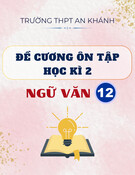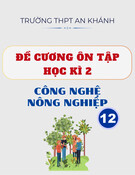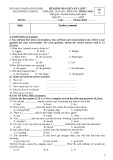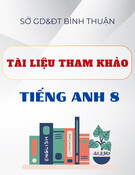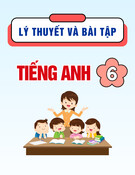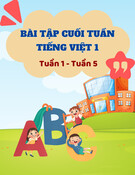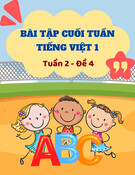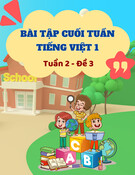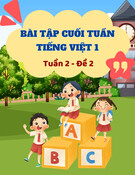
1
PHÒNG GIÁO DỤC & ĐÀO TẠO THÀNH PHỐ BÀ RỊA
TRƯỜNG THCS LONG TOÀN
KHUNG MA TRẬN KIỂM TRA HỌC KỲ II-NĂM HỌC 2024-2025
MÔN: TIẾNG ANH 7- THỜI GIAN: 60 PHÚT (Listening, reading, writing and linguistic knowledge: 50
phút; Speaking: 10 phút)
*SPEAKING: 2 points
Part 1: Students introduce about themselves. (1pt)
Part 2: Students talk about one of three topics which have the contents in the textbook. (1pt)
Lưu ý:
- Nội dung đề thi có thể được thay đổi (trong phạm vi 10%) so với ma trận.
- Những bài Reading, Lexical cloze, Gap filling phài có chủ đề phù hợp với SGK.
- Phần Do as directed có thể có sentence building, sentence completion, …..
- Thí sinh làm bài trực tiếp vào đề thi.
T
T
Dạng bài
Chuẩn kiến thức
Mức độ
Số câu
Số
điểm
Nhận biết
Thông
hiểu
Vận dụng
cp thp
Vận dụng
cp cao
TL
TN
KQ
TL
TN
KQ
TL
TN
KQ
TL
TNK
Q
I
Listening
(Twice)
- Part 1.
Choose the correct
one
- Part 2.
Fill the missing words
1
2
2
2
1
8
2.0
II
Multiple
choice
(4 options)
- Preposition 1
- Conjunction 1
- Vocabulary 2
- Pronunciation 1
- Word form 1
- Verb form/tense 2
- Conversation 1
- Find error 1
(underlined parts)
4
2
2
2
10
2.5
III
Reading (2
passages)
A-Lexical
(3 options)
B- Multiple choice
questions (3 options)
or T/F
1 2
2
1
1
1
2
2
1
1
10
2.5
IV
Do as
directed
- Make question: 1
- Rewrite or
Rearrange: 1
1
1
2
1.0
Tổng số câu
Tổng điểm
9
2.25
9
2.5
8
2.25
4
1.0
30
8.0
Tỉ lệ %
22.5%
25%
22.5%
10%
80%







